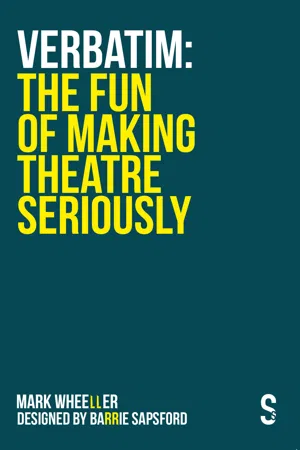
eBook - ePub
VERBATIM - The Fun of Making Theatre Seriously
Mark Wheeller
This is a test
- 184 pages
- English
- ePUB (adapté aux mobiles)
- Disponible sur iOS et Android
eBook - ePub
VERBATIM - The Fun of Making Theatre Seriously
Mark Wheeller
Détails du livre
Aperçu du livre
Table des matières
Citations
À propos de ce livre
Widely studied, frequently staged – verbatim theatre is everywhere. In this new book, playwright Mark Wheeller, the most performed living playwright in the UK, takes a personal journey through the form, and demystifies the making process. Perfect for teachers, educators, and students.
Foire aux questions
Comment puis-je résilier mon abonnement ?
Il vous suffit de vous rendre dans la section compte dans paramètres et de cliquer sur « Résilier l’abonnement ». C’est aussi simple que cela ! Une fois que vous aurez résilié votre abonnement, il restera actif pour le reste de la période pour laquelle vous avez payé. Découvrez-en plus ici.
Puis-je / comment puis-je télécharger des livres ?
Pour le moment, tous nos livres en format ePub adaptés aux mobiles peuvent être téléchargés via l’application. La plupart de nos PDF sont également disponibles en téléchargement et les autres seront téléchargeables très prochainement. Découvrez-en plus ici.
Quelle est la différence entre les formules tarifaires ?
Les deux abonnements vous donnent un accès complet à la bibliothèque et à toutes les fonctionnalités de Perlego. Les seules différences sont les tarifs ainsi que la période d’abonnement : avec l’abonnement annuel, vous économiserez environ 30 % par rapport à 12 mois d’abonnement mensuel.
Qu’est-ce que Perlego ?
Nous sommes un service d’abonnement à des ouvrages universitaires en ligne, où vous pouvez accéder à toute une bibliothèque pour un prix inférieur à celui d’un seul livre par mois. Avec plus d’un million de livres sur plus de 1 000 sujets, nous avons ce qu’il vous faut ! Découvrez-en plus ici.
Prenez-vous en charge la synthèse vocale ?
Recherchez le symbole Écouter sur votre prochain livre pour voir si vous pouvez l’écouter. L’outil Écouter lit le texte à haute voix pour vous, en surlignant le passage qui est en cours de lecture. Vous pouvez le mettre sur pause, l’accélérer ou le ralentir. Découvrez-en plus ici.
Est-ce que VERBATIM - The Fun of Making Theatre Seriously est un PDF/ePUB en ligne ?
Oui, vous pouvez accéder à VERBATIM - The Fun of Making Theatre Seriously par Mark Wheeller en format PDF et/ou ePUB ainsi qu’à d’autres livres populaires dans Medios de comunicación y artes escénicas et Teatro. Nous disposons de plus d’un million d’ouvrages à découvrir dans notre catalogue.
Informations
Sous-sujet
TeatroChapter 1: Expertise? Ha ha ha!
When I introduce myself to groups of young people I often say:
‘I am a playwright who has had some success but I am actually a failed rock star. I wanted to be Ziggy Stardust.’
I’ve realised in writing this book, it’s actually wider than that.
I’m a failed celebrity. An astronaut, a footballer and then a rock star. I failed but my determined quest to become successful inadvertently led me to become a playwright, despite having rarely seen any plays!
My creative and artistic background was in music.
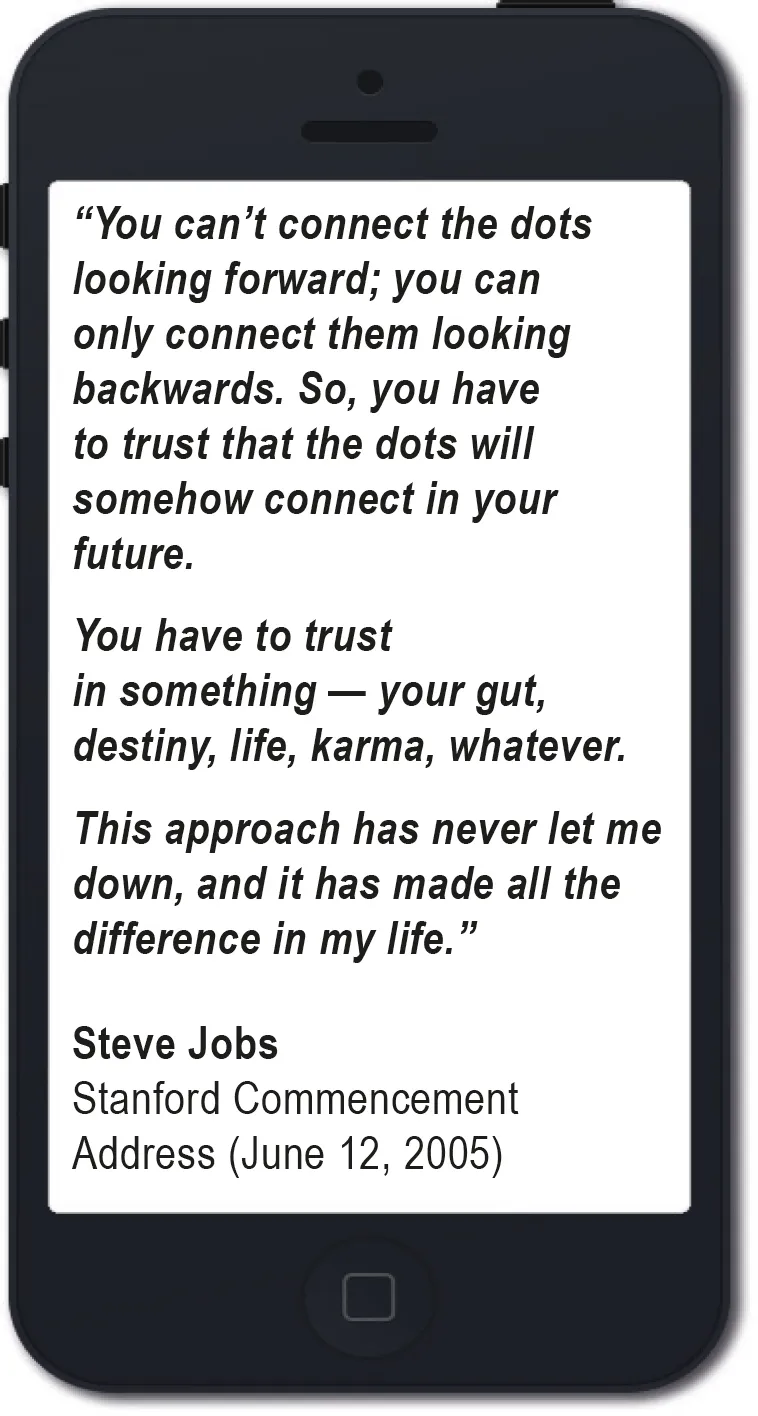
Inspiration
I cite my main inspirations as my dad, David Bowie, Tony Key and Roy Nevitt. I imagine you may only know of one of them. Sorry to Brecht and all those others who probably should be a playwright’s influences (I only heard about them as I progressed through my career) though I know they would have been an influence on Roy.
My dad was a choirmaster, organist and music teacher. I was a choirboy (in his choir) and classical music was all around me as a child.
At the age of nine I was packed off to boarding school to become a chorister at Lincoln Cathedral (more on this later). We sang every day (and three times on a Sunday) in services and practiced every morning for an hour, apart from Wednesday.
Discipline
The discipline of being in a professional choir with responsibilities to produce quality every time we performed has left its mark (with a small m).
I have always been driven by passion. My passion at Lincoln was football.
I was good.
I thought I was the best!
I wanted Lincoln City to see me and thought, if they did, they would have no hesitation in signing me.
One day, we played a match in a school next to Sincil Bank (the Lincoln City Stadium). I was convinced there’d be a scout there. I was in goal. We lost 12-2. No one approached me at the end of the match but…
… I did get the man of the match award. Yes I’m serious, I was told, if it wasn’t for my goalkeeping skills we would have lost 24-2!
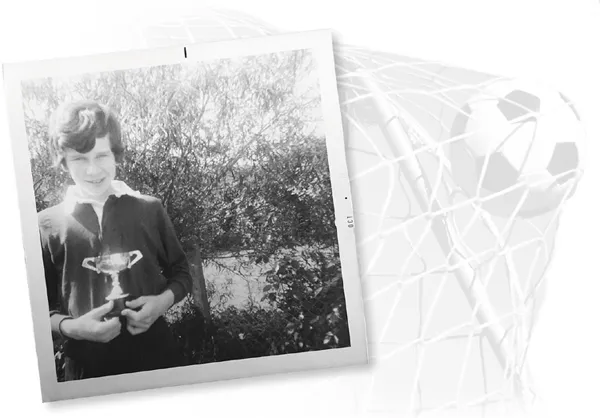
Me with my prized Footballer of the Year award from the Cathedral School 1971.
Motivating Passion
I lived for break times where I organised a termly league between two teams. It gave our break and lunch-time matches meaning. I always like to create a motivation… a reason for doing things better and with more enthusiasm.
Everyone shared my passion. My league mattered. The context I created made it matter to us… much more than the cathedral choir!
Entertaining Myself
As an only child at home in the school holidays, in a neighbourhood where, because I was at boarding school and my parents had moved, I knew no one. I remember conducting interviews with myself playing both interviewer and interviewee.
Initially, the 10-year-old interviewee me was in my back garden, pretending to be a (famous) footballer, proudly reviewing goals I’d scored in a grandiose FA Cup Final at Wembley. Ha ha, even I didn’t imagine myself as a World Cup Finalist!
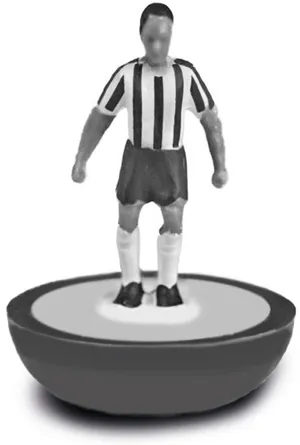
I played Subbuteo football (google it if you’re not of a certain age) on my bedroom floor and created extensive leagues which I kept up to date religiously. I commentated on all my matches (with me being both teams) and recorded some on our reel-to-reel tape recorder.
As I approached my teens I started to two-time football and eventually embarked on a serious and lasting affair with pop music. Football was relegated.
When my parents bought a stereo radiogram cabinet for our front room they passed their smaller Dansette-style record player on to me.
Suddenly, I had independence in my music choices.
At first I played brightly coloured singles by Pinky and Perky but, these soon became black 45rpm singles with MUCH more interesting music such as Middle of the Road, Slade, Sweet, T Rex and then… David Bowie.
This new passion inspired me to write my own songs.
I had been having piano lessons and, although I hated any form of practice for my long-suffering teacher Mrs Heaney, the piano became my companion at home. I spent long hours in my dad’s office at his piano writing hundreds of songs obsessively.
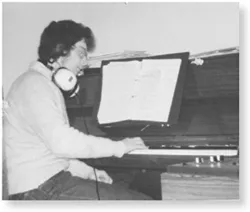
I am aware of this obsession becoming a pattern in my life. I am still comfortable being upstairs in my study working on a play (or something) rather than engaging in what others might call ‘real life’. I’m fortunate in having a family who have accepted this and allowed me to continue to have this other life. This was also true of my youth theatre rehearsals which offered me another supremely comfortable environment… well… they did when everyone conformed to my expectations!
I continued to interview myself in my teens as a much loved songwriter, talking about my early songs that in reality no one had heard. Playing them in this fictional interview setting, and recording them on the trusty reel-to-reel tape recorder gave them a purpose for me… albeit a make-believe one.1
Sadly (for me) these tapes (and the commentaries) were binned by my parents, unaware of what a treasure trove of my early voice this would have been.
I remember doing these commentaries and interviews privately and was embarrassed if my parents caught me at it. I could have been up to far worse things!
Introducing - The Magic Of Theatre
In the 4th year (Year 10) June 1973 I experienced what I refer to as the ‘magic of theatre’ for the first time as David Bowie/Ziggy Stardust appeared on stage before my eyes. People of my age were all around me screaming and fainting. I realise now this was hysteria but at the time it seemed like a mystical spell.
I needed no encouragement to suspend my disbelief and, without understanding the process, Bowie became ‘Ziggy.’ Something blatantly not true became ‘real’. I wanted to conjure this magic.
Bowie had created a consciously faked rock star. He generated Ziggy’s importance by hyping him. Before he (or Ziggy) was famous he employed bodyguards to escort him (or was it Ziggy?) to and from concerts, interviews etc.
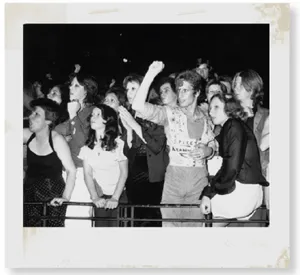
Making something seem more important than it actually was, in the light of this, offered even more exciting possibilities.
The theatricality of Bowie’s presentation was extraordinary and utterly absorbed my teenage incredulity. I was determined to see a flaw in this mirage, just as I’d always enjoyed trying to see the strings on the Bill and Ben puppets, or the wrist of Sooty’s hidden puppeteer. I wanted to see a speck of humanity through Bowie’s painted idol. I was obsessed by the possibility of seeing behind the image… seeing the real David Jones. I never could, and so the spell was cast.
Attributing the magic incorrectly to the music, rather than to the words, image or theatre that contextualised it, I decided I would become a tunesmith. It was a long time before I understood how important the words, images and context were to my being drawn into the spell.
The theatre I have been involved with throughout my adult life mirrors what Bowie did with Ziggy. There is limited trickery. My plays make no pretence at being real; they are clearly plays. The mind of the audience, I have realised, is better at achieving an illusion than any flash effects I might find to employ.
That is not to say my (or Bowie’s) work is not theatrical… it is.
In my early teens, at around the same time as David Bowie came into my orbit, I became involved in the Thornbury Amateur Operatic Society. I did this to please my dad who was the Musical Director but I soon discovered I LOVED it and it introduced me to a theatrical world I could step into in a very real sense.
I started off as a call boy… (not what you’re thinking), whose role was to run between the dressing rooms and the stage to ch...
Table des matières
- Front Cover
- Half-Title Page
- Title Page
- Copyright Page
- Author’s Acknowledgements
- Contents
- Chapter 1: Expertise ? Ha ha ha
- Chapter 2: Seeing Beyond The Blackout
- Chapter 3: Meeting My Storybook Man
- Chapter 4: Developing The Script
- Chapter 5: Page To Stage
- Chapter 6: At Last… Performances… And Reviews!
- Chapter 7: EYT Race To The Fringe
- Chapter 8: Race At Oaklands
- Chapter 9: The Graham/Race Legacy
- Chapter 10: Special Friends
- Chapter 11: A New Millennium - A New Play
- Chapter 12: Therfield School - Where The Stars Aligned!
- Chapter 13: OYT 2008 Graham Production
- Chapter 14: OYT 2008 Competitive Festival Performances
- Chapter 15: Legacy and The Fun Of Being a Serious Playwright
- Afterword: Race To Be Seen (2021 edit)
- Appendix 1: School Report - From my Head of House 50 years on
- Appendix 2: Magic Moments by Johnny Carrington
- Appendix 3: Director’s Commentary - Race To Be Seen 1984 Epping Youth Theatre (VHS)
- Appendix 4: Director’s Commentary - Race To Be Seen 1987 Oaklands Youth Theatre (VHS)
- Appendix 5: Writer’s Commentary - Graham - World’s Fastest Blind Runner 2000 Eastleigh Borough Youth Theatre performance (VHS)
- Appendix 6: Director’s Commentary - Graham - World’s Fastest Blind Runner: OYT at the AETF Final 2008 - Thameside Theatre.
- Appendix 7: Where Are They Now? What happened to the contributors?
Normes de citation pour VERBATIM - The Fun of Making Theatre Seriously
APA 6 Citation
Wheeller, M. (2021). VERBATIM - The Fun of Making Theatre Seriously ([edition unavailable]). Salamander Street Ltd. Retrieved from https://www.perlego.com/book/2670370/verbatim-the-fun-of-making-theatre-seriously-pdf (Original work published 2021)
Chicago Citation
Wheeller, Mark. (2021) 2021. VERBATIM - The Fun of Making Theatre Seriously. [Edition unavailable]. Salamander Street Ltd. https://www.perlego.com/book/2670370/verbatim-the-fun-of-making-theatre-seriously-pdf.
Harvard Citation
Wheeller, M. (2021) VERBATIM - The Fun of Making Theatre Seriously. [edition unavailable]. Salamander Street Ltd. Available at: https://www.perlego.com/book/2670370/verbatim-the-fun-of-making-theatre-seriously-pdf (Accessed: 15 October 2022).
MLA 7 Citation
Wheeller, Mark. VERBATIM - The Fun of Making Theatre Seriously. [edition unavailable]. Salamander Street Ltd., 2021. Web. 15 Oct. 2022.